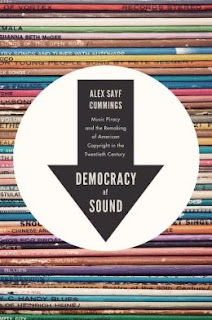
New from Oxford University Press:
Soldier, Sailor, Beggarman, Thief: Crime and the British Armed Services since 1914 by
Clive Emsley.
About the book, from the publisher:
The belief that crime declines at the beginning of major wars, as young men are drawn into the armed forces, and increases with the restoration of peace, as brutalised veterans are released on to a labour market reorganising for peace, has a long pedigree in Britain. But it has rarely been examined critically and scarcely at all for the period of the two world wars of the twentieth century. This is the first serious investigation of criminal offending by members of the British armed forces both during and immediately after these wars. Its particular focus is the two world wars but, recognising the concerns and the problems voiced in recent years about veterans of the Falklands, the Gulf wars, and the campaign in Afghanistan, Clive Emsley concludes his narrative in the present.
Clive Emsley was educated at the University of York and at Peterhouse, Cambridge, and has taught and held visiting fellowships in Australia, Canada, France, and New Zealand. He has published widely on the history of crime and policing, including
Crime and Society in England 1750-1900 (now in its fourth edition),
Crime and Society in Twentieth-Century England and
The Great British Bobby: A History of British Policing from the 18th Century to the Present. He was president of the International Association for the History of Crime and Criminal Justice for ten years.
 About the book, from the publisher:
About the book, from the publisher:





























